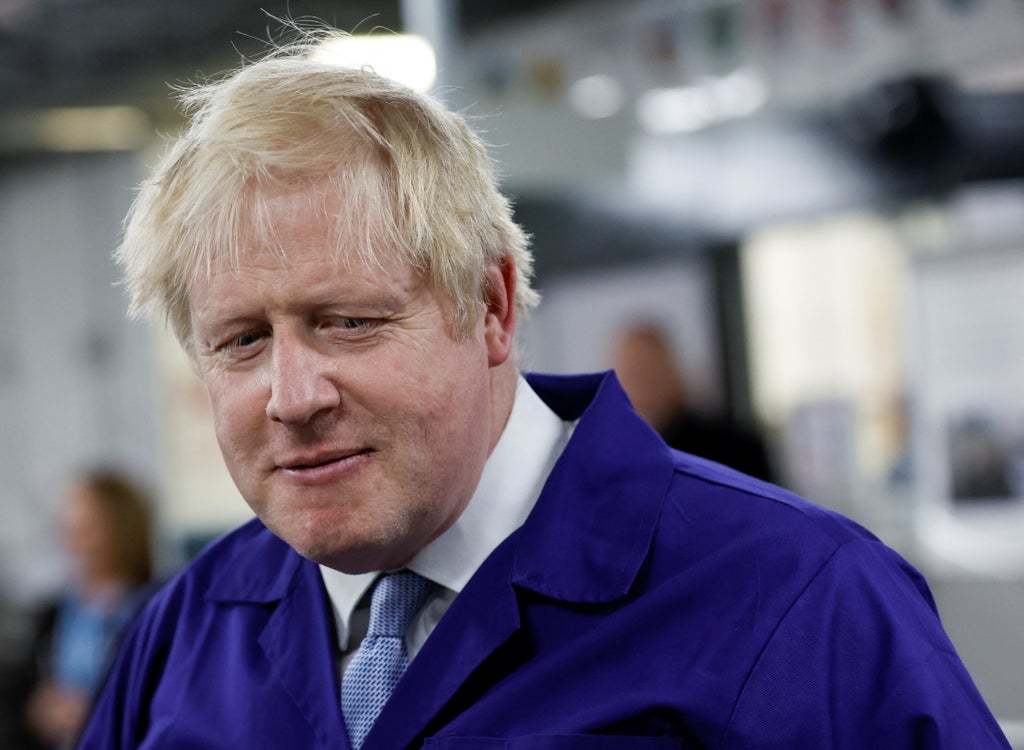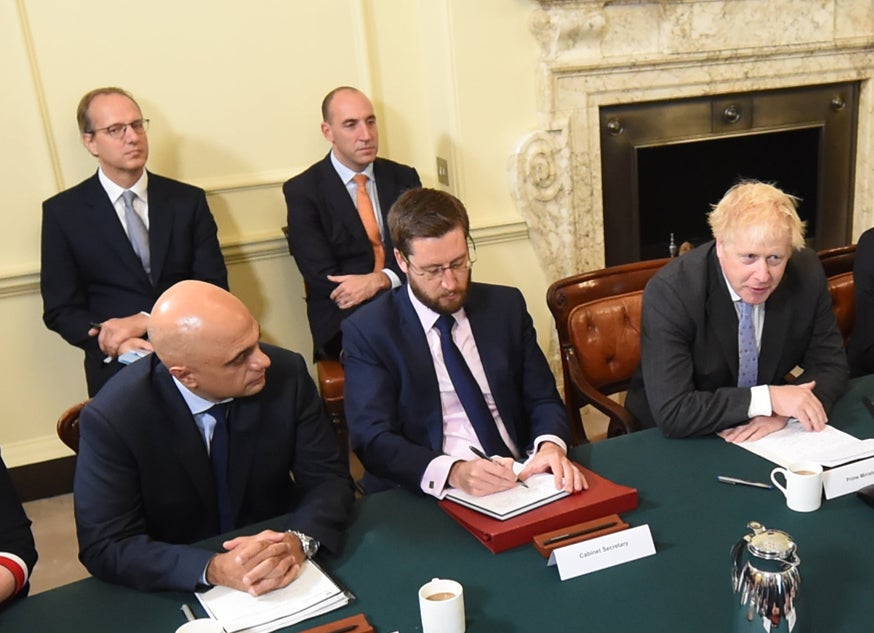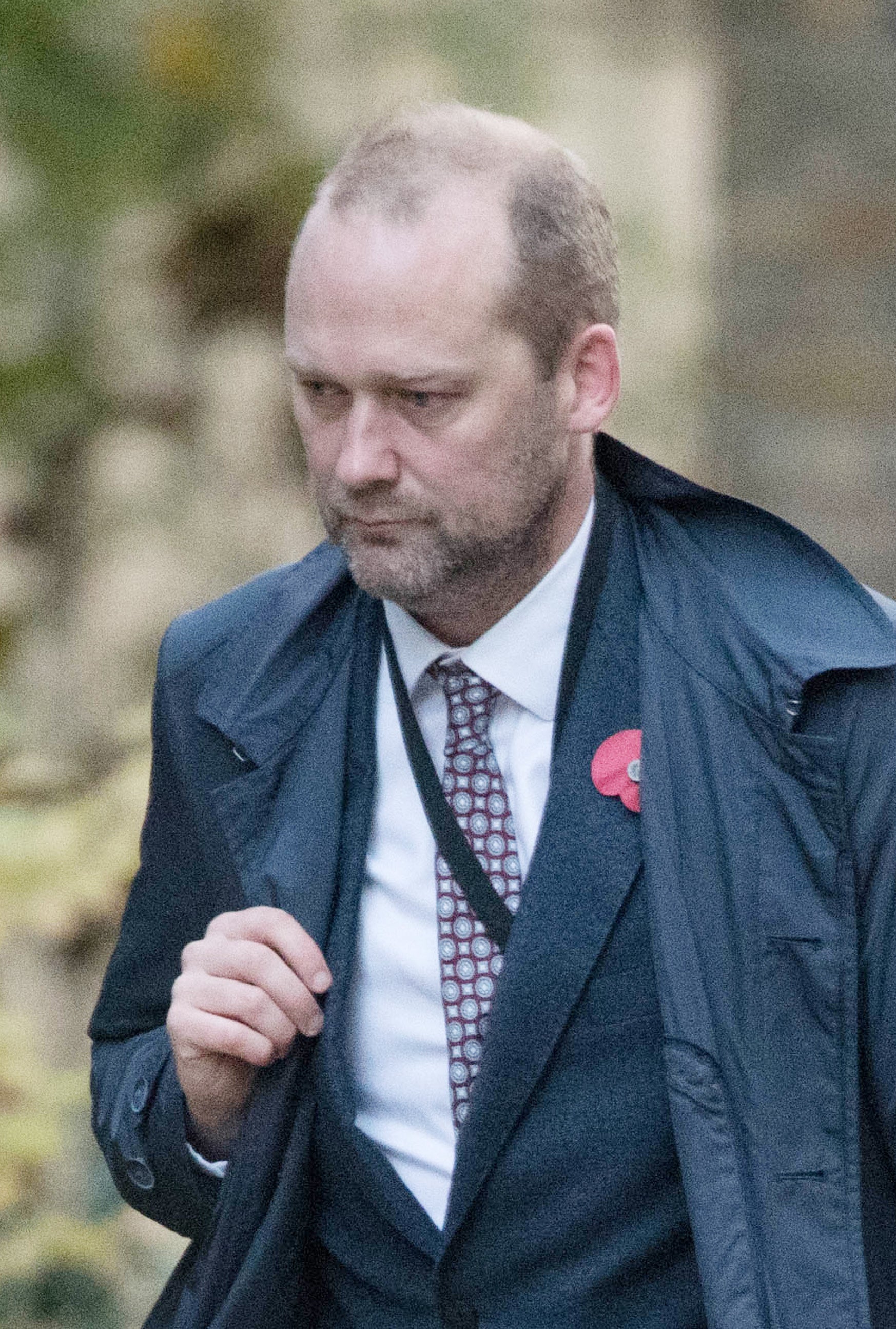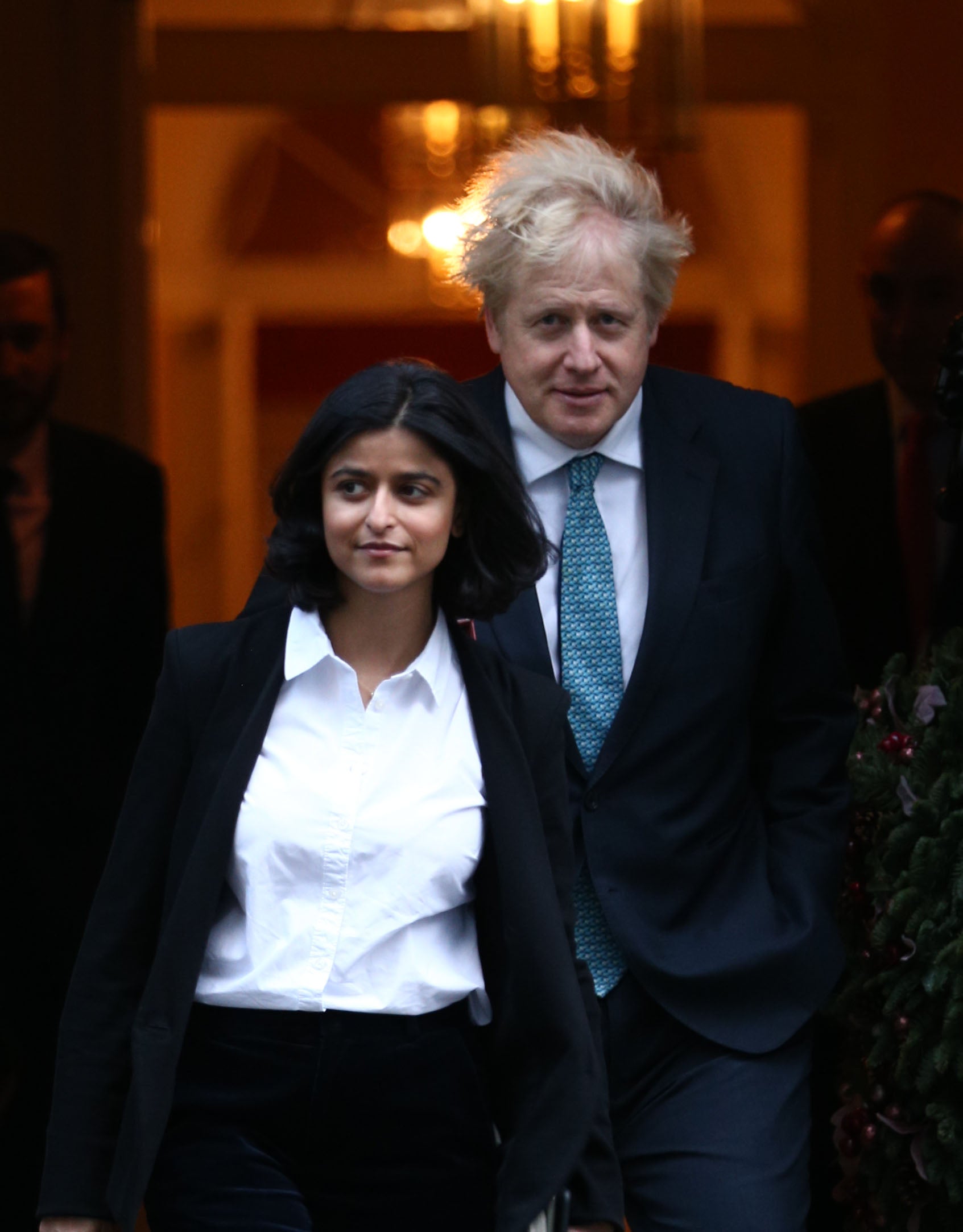
Boris Johnson’s inner circle has been rocked by a host of resignations after four senior aides quit Downing Street on the same day.
No 10 chief of staff Dan Rosenfield and Mr Johnson’s principal private secretary Martin Reynolds are the latest to have their exit confirmed on a day of turmoil for the embattled Prime Minister.
They follow director of communications Jack Doyle in resigning on Thursday, along with Munira Mirza one of Mr Johnson’s most loyal and longstanding advisers, who walked out over the Prime Minister’s use of a “scurrilous” Jimmy Savile smear against Labour leader Sir Keir Starmer.

A No 10 spokeswoman said: “Dan Rosenfield offered his resignation to the Prime Minister earlier today, which has been accepted.
“Martin Reynolds also informed the Prime Minister of his intention to stand down from his role as principal private secretary and the Prime Minister has agreed to this.
“He has thanked them both for their significant contribution to government and No 10, including work on the pandemic response and economic recovery.
“They will continue in their roles while successors are appointed, and recruitment for both posts is under way.”

Mr Reynolds, who reportedly invited staff to a “bring your own booze” garden party in Downing Street during the first coronavirus lockdown in England, will return to the Foreign Office, officials said.
The truncated report by Sue Gray, the senior civil servant investigating allegations of lockdown-busting parties held in No 10, said on Monday that the Metropolitan Police is conducting its own probe into the BYOB party on May 20 2020, along with 11 other social events.
Former Treasury aide Mr Rosenfield had been brought in to No 10 at the beginning of last year to steady the ship following the double resignation months earlier of Dominic Cummings, the former de facto chief of staff, and Lee Cain, the ex-communications director.
The resignations come as Mr Johnson faces a growing mutiny on his own back benches, with three further Conservative MPs confirming this week they had submitted letters of no confidence in his leadership.
On Thursday, he was also rebuked for his remarks about Labour leader Sir Keir by his own Chancellor.
In a live broadcast on the cost-of-living crisis, Rishi Sunak praised Ms Mirza as a “valued colleague” and criticised the Prime Minister’s Savile remarks, saying: “I wouldn’t have said it.”
Mr Johnson backtracked on the debunked claim that the Labour leader failed to prosecute Savile while he was the director of public prosecutions.
But Ms Mirza, who first advised Mr Johnson as London mayor more than a decade ago, said she was quitting after he stopped short of giving the apology she demanded.
In a letter seen by The Spectator magazine, Ms Mirza is said to have told her former boss “it was an inappropriate and partisan reference to a horrendous case of child sex abuse” and accused him making “misleading” claims.
Mr Johnson, who once praised the policy chief as a “brilliant thinker” and listed her as one of the five women who had influenced and inspired him the most, denied his Savile smear was inappropriate.
But he told Channel 5 News: “I’m sorry to lose Munira, she’s done an outstanding job, she’s been a wonderful colleague for a long time.”
Tory MP Andrew Griffith has been appointed to fill her role.
Outgoing communications director Mr Doyle gave a resignation speech to staff in No 10, according to the Daily Mail, who he used to work for.

The newspaper reported that Mr Doyle told former colleagues that “recent weeks have taken a terrible toll on my family life” but that he always intended to resign after two years in the role.
The former journalist reportedly attended at least two of the 12 events in Downing Street and wider Government that are under scrutiny by the police.
A No 10 spokesman said: “Jack Doyle has left government. He has made a huge contribution and the Prime Minister is immensely grateful for the work he has done.”
When responding to the initial publication of the Gray report, the Prime Minister told MPs he planned to overhaul the set-up in No 10 following months of controversy over “partygate”.
However, it is unclear whether the flurry of exits is part of efforts to reform the operation at the top of Government.
The high-profile exits leave the Prime Minister further isolated as he battles to remain in charge, with 13 Conservative MPs having publicly called for his resignation over the way he has handled the partying claims.
More are believed to have done so privately but the number of letters to the chair of the 1922 Committee of backbench Tories has not yet hit the 54 required to trigger a no confidence vote.







